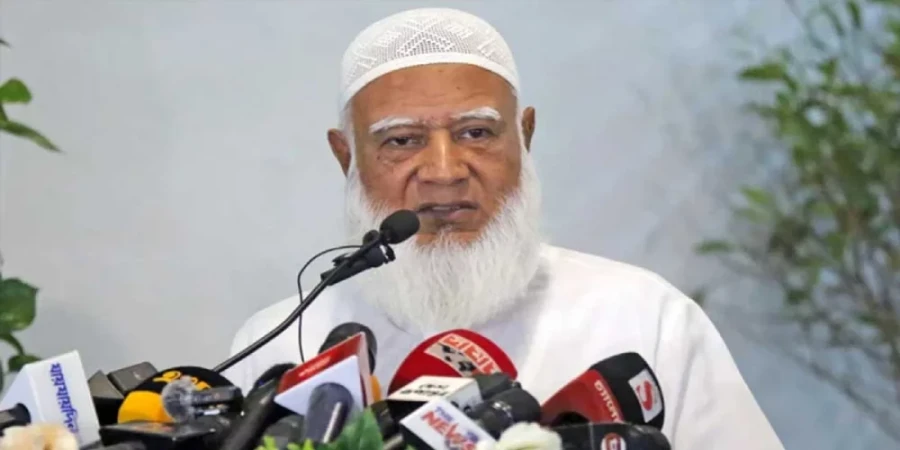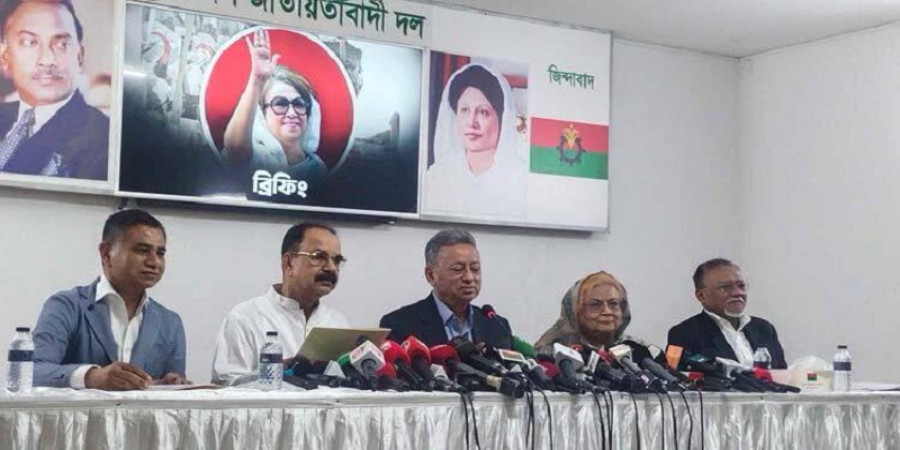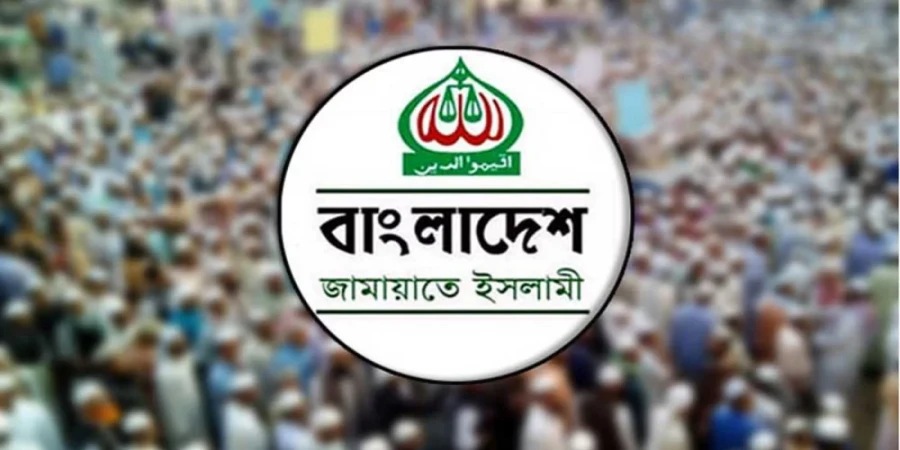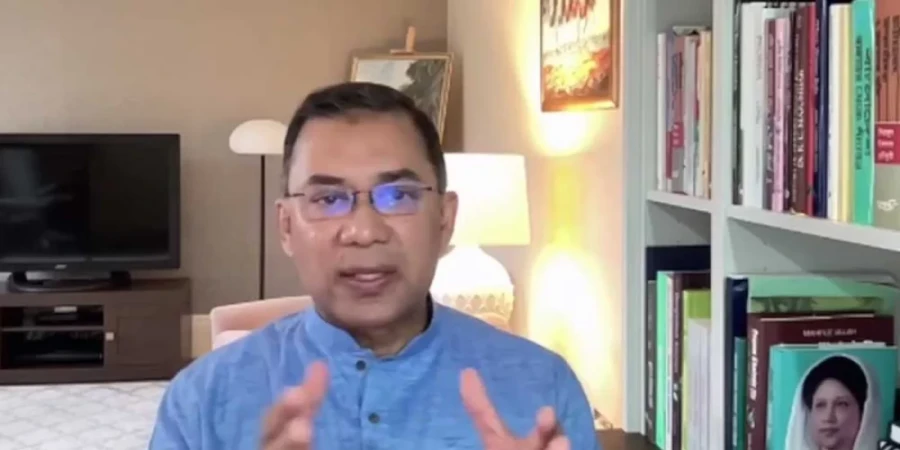
ছবি: Photo: Collected
Dr. Shafiqur Rahman, the Ameer of Jamaat-e-Islami, strongly criticized the ruling Awami League for what he described as its undemocratic practices, human rights violations, and failures in governance. Speaking at a gathering organized by the Mirpur East Thana unit of Jamaat-e-Islami at the Manipur School and College grounds in Dhaka on Monday evening, he accused the government of undermining democratic values and exploiting state power to silence opposition.
The event, presided over by Thana Ameer Shah Alam Tuhin and moderated by Secretary Wahidul Islam Sadi, featured several other speakers. These included Jamaat-e-Islami Central Executive Council member and Dhaka Metropolitan North Ameer Mohammad Selim Uddin, Central Working Committee member and Naib-e-Ameer of Dhaka Metropolitan North Abdur Rahman Musa, and Metropolitan Secretary Dr. Muhammad Rezaul Karim.
During his speech, Dr. Rahman alleged that the Awami League government had lost public trust by resorting to violence and autocratic measures to maintain its hold on power. He remarked that no party in Bangladesh’s history had exited the political stage as disgracefully as the Awami League. Citing historical examples, he claimed that political entities that have faced such ignoble departures rarely make a return to prominence, as they are relegated to the annals of history.
The Jamaat-e-Islami chief accused the ruling party of turning the country into a “state of death” by declaring war against its own people. He alleged that the government’s actions had led to the deaths of nearly 2,000 citizens, creating an atmosphere of fear and despair across the nation. Dr. Rahman argued that the Awami League, which he described as a party inherently disrespectful of democratic principles, had used unlawful methods to extend its tenure in power.
He went on to state that the current government had repeatedly abused state resources to suppress legitimate demands and dissenting voices. Referring to recent student protests, he said that the students’ demands were justified and could have been resolved constructively. However, the government instead resorted to oppressive measures and portrayed its “brutal nature” by killing thousands and using excessive force against peaceful protesters. Dr. Rahman condemned these actions, stating that such behavior reflects a government unwilling to listen to the grievances of its citizens.
He posed a rhetorical question to the audience: "Do those who kill people without reason have the right to engage in politics in this country?" He emphasized the importance of unity among citizens to resist these oppressive measures and make collective victories meaningful.
In his address, Dr. Rahman also criticized the government for its economic mismanagement and corruption. He accused the ruling party of deliberately destroying the country’s financial institutions, including banks and insurance sectors, to serve its own interests. According to him, the promises of improving the lives of ordinary citizens had been abandoned in favor of personal enrichment. He remarked that the people of Bangladesh do not wish to return to such an era of misrule and exploitation.
Urging all political actors to learn from the past, Dr. Rahman called upon leaders to earn the trust of the people through transparent and accountable governance. He advised political leaders to prioritize the welfare of citizens and work toward building a relationship of mutual trust, warning that any failure to do so would lead to rejection by the electorate.
Special guest Mohammad Selim Uddin, Ameer of Dhaka Metropolitan North, addressed the gathering and reflected on the legacy of Jamaat leader Mir Quasem Ali, who he said envisioned a society free of hunger, poverty, and injustice. Selim Uddin alleged that the Awami League government unjustly executed Mir Quasem Ali as part of its broader plan to suppress political opposition and consolidate power. He criticized what he called the “fascist tendencies” of the ruling party, claiming that their actions were designed to create a culture of fear and eliminate dissent.
Dr. Rahman concluded his speech by warning that the Awami League’s alleged misrule had led to the destruction of every sector of the state, from the economy to public institutions. He alleged that the ruling party had systematically dismantled institutions to consolidate power and deprive the public of their rights. According to him, the government’s actions reflect a lack of accountability and disregard for the values of democracy.
In his final remarks, Dr. Rahman urged political leaders to reflect on their past governance and the public’s dissatisfaction. He called for a renewed focus on political inclusivity and meaningful engagement with the people to restore trust and build a better future. He emphasized that only by earning the confidence of the people through responsible governance could political parties hope to regain acceptance.
The Jamaat-e-Islami leader also appealed to the citizens of Bangladesh to remain united in their demand for justice and accountability. He called on the public to reject oppressive governance and support leaders committed to safeguarding their rights and freedoms.
The gathering concluded with remarks from other leaders, who echoed Dr. Rahman’s sentiments and urged attendees to remain vigilant in the face of challenges. They reiterated their commitment to building a just and prosperous society based on Islamic principles and called for greater public awareness and engagement to bring about meaningful change in the country’s political landscape.
repoter






